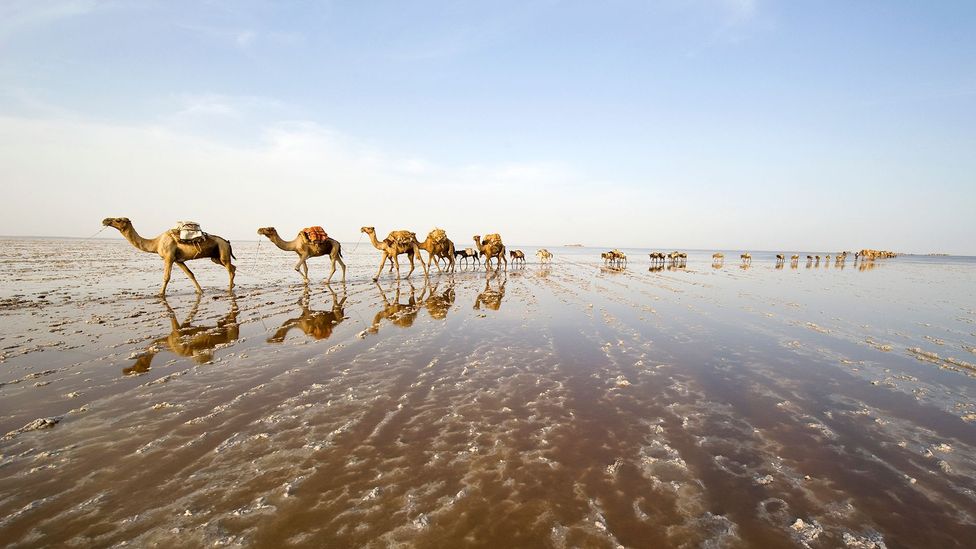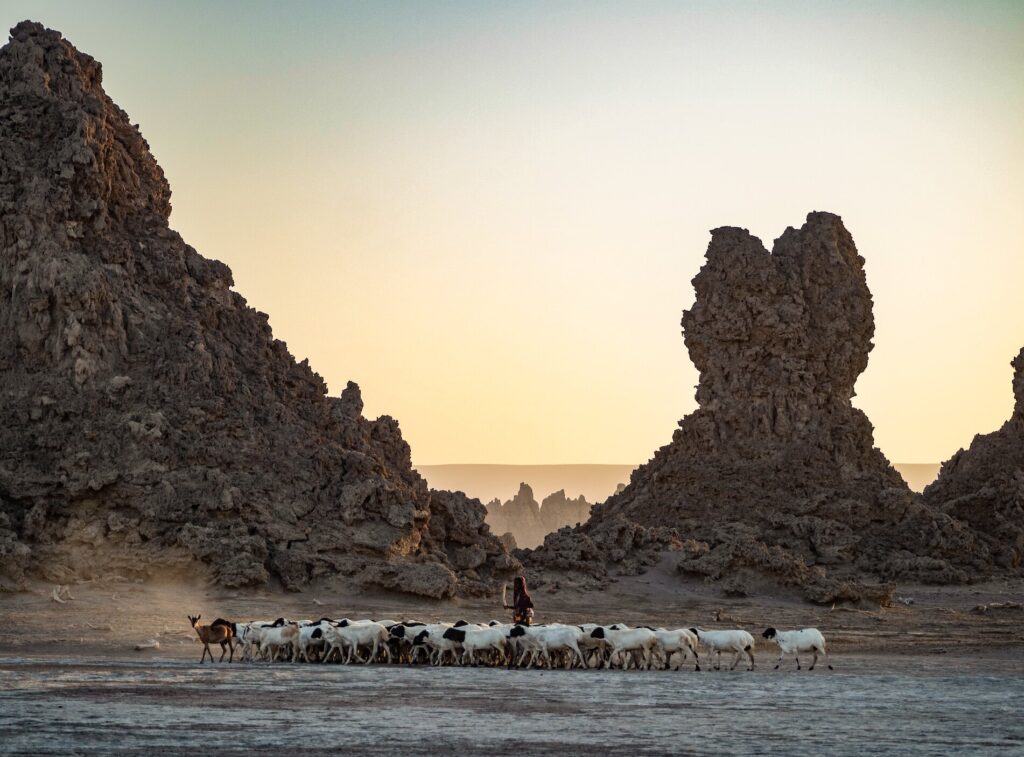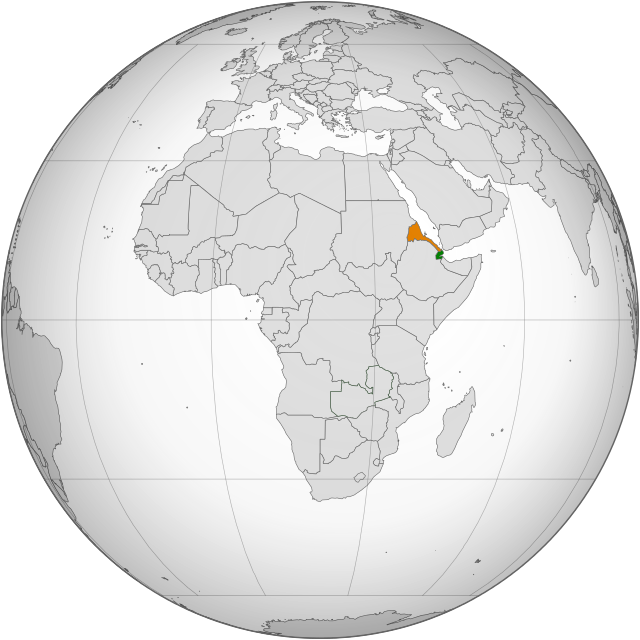Explore Djibouti


Population

Djibouti Language and Culture

Djibouti is a country rich in linguistic and cultural diversity. The official languages of Djibouti are Arabic and French, reflecting the historical influences of Arab and French colonial rule. Arabic is predominantly used in religious, governmental, and educational contexts, while French is widely spoken in administration, commerce, and education.
The cultural fabric of Djibouti is woven with influences from its various ethnic groups, including the Afar, Issa, and Somali communities. Traditional music, such as the hypnotic sounds of the Somali oud or the rhythmic beats of the Afar drums, forms an integral part of cultural celebrations and gatherings.
Hospitality is deeply ingrained in Djiboutian culture, with locals known for their warm and welcoming nature. Traditional nomadic practices, such as communal living and camel herding, still thrive among certain communities, offering visitors a glimpse into their unique way of life.
Cuisine in Djibouti reflects its geographical location and cultural diversity. Traditional dishes include Fah-fah (spiced soup), Skoudehkaris (spiced rice with meat), and Lahoh (pancake-like bread). These flavorsome dishes often incorporate staple ingredients like camel meat, fish, and aromatic spices.
Exploring Djibouti's language and culture provides an opportunity to engage with its diverse communities, appreciate their traditions, and deepen your understanding of this enchanting nation in the Horn of Africa.
Planning Your Trip to Djibouti
Planning a trip to Djibouti opens up a world of enchanting experiences and natural wonders. Begin by envisioning the type of adventure you desire – whether it's exploring stunning landscapes, immersing yourself in cultural encounters, or indulging in thrilling water activities.
Research the best time to visit, taking into account the weather patterns and any special events or festivals that may enhance your trip. Consider the diverse attractions Djibouti has to offer, from the otherworldly landscapes of Lac Assal and the salt plains of Lake Abbe to the vibrant marine life in the Gulf of Tadjoura.
Connect with the local culture by visiting traditional villages and engaging with the friendly Djiboutian people. Experience the warm hospitality, sample traditional cuisine, and learn about their customs and way of life.
Choose accommodations that suit your preferences, whether it's luxury resorts along the coast, eco-lodges in the wilderness, or guesthouses in the heart of the city.
Pack accordingly, considering the climate and activities you plan to engage in. Be prepared for outdoor adventures, such as hiking, snorkeling, or exploring the national parks.
Lastly, remain open to the unexpected and embrace the natural beauty and cultural richness that Djibouti has to offer. Allow yourself to be captivated by its breathtaking landscapes, encounter unique wildlife, and create memories that will last a lifetime.

